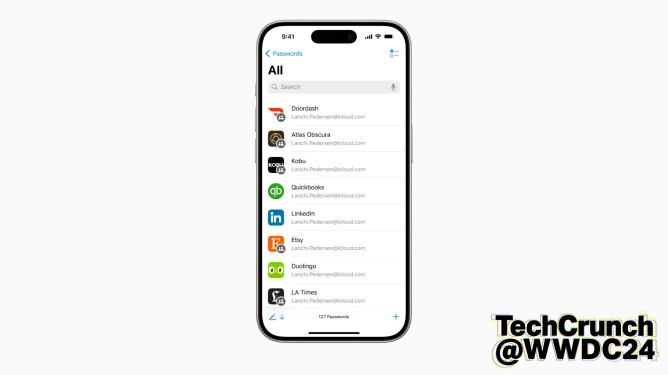Mission and Founders
At Anaxi, our mission is to bring more transparency to the software development process. We aim to provide developers with actionable insights about their projects and help them manage their workflows more efficiently.
Our company was founded by Marc Verstaen, a former Apple engineering manager and Docker EVP of product development, and John Lafleur, the former CEO of CodinGame. As seasoned professionals in the industry, they have seen firsthand the issues that developers face when working on complex projects.
The Problem with Software Development
"I’ve been doing software for 40 years," Verstaen said in an interview. "And every time it’s the same. You start with a small team and it’s fine. Then you grow, and you don’t know what’s going on. It’s a black box."
While the rest of the business world has become data-driven and analytics-focused, software development has lagged behind. This was acceptable 10 to 15 years ago, when only software companies were doing software. However, with every company becoming a software company today, it’s no longer acceptable.
How Anaxi Works
Anaxi connects to your GitHub repositories, both public and private, to provide you with actionable insights about the state of your projects. You can easily see all issue reports and pull requests from your repositories. But that’s not all – you also get visual status indicators that tell you when a project has too many blockers, for example.
You can define your own labels and due dates for issues, making it easier to manage your workflow. One interesting aspect of Anaxi is that it doesn’t store all this information on your phone or on a proprietary server. Instead, it only caches as little information as necessary (including your handles) and then pulls the rest of the information from GitHub as needed.
This approach has a trade-off in terms of speed, but Verstaen noted that you always get the most recent data and that GitHub’s API is quite fast and easy to work with. The cache is encrypted on the phone, ensuring that your data remains secure.
Pricing Plans
The service is currently available for free. However, the company plans to introduce pricing plans in the future, based on the number of developers that use the product inside a company. This means that larger companies will need to pay more for Anaxi’s services.
Why GitHub Integration is Key
Anaxi’s integration with GitHub is crucial to its success. By leveraging GitHub’s API, we can provide developers with real-time data and insights about their projects. This integration also ensures that our service remains fast and efficient, even as the number of users grows.
Conclusion
At Anaxi, we believe that software development should be more transparent and data-driven. Our mission is to bring more visibility to the software development process, making it easier for developers to manage their workflows and make informed decisions about their projects.
With our GitHub integration and unique approach to data caching, we’re confident that Anaxi will become an essential tool for developers everywhere. Whether you’re working on a small project or a large-scale enterprise initiative, Anaxi has got you covered.
Future Plans
We have big plans for the future of Anaxi. In addition to our web and Android versions, we’re also working on support for Atlassian’s Jira. This will enable developers who use Jira to integrate it seamlessly with Anaxi.
Our goal is to become the go-to tool for software development teams everywhere. With our free service and innovative approach, we’re confident that we can make a real difference in the way developers work.
Support
If you have any questions or feedback about Anaxi, please don’t hesitate to reach out to us. We’d love to hear from you and help you get started with our service.
Topics Covered:
- Anaxi
- Android
- API
- Apple
- Atlassian
- Developers
- Docker
- Enterprise
- GitHub
- Software development
- Version control
About the Author
Frederic Lardinois is a seasoned journalist with over 10 years of experience covering technology and business. Before joining TechCrunch, he founded SiliconFilter and wrote for ReadWriteWeb (now ReadWrite). He covers enterprise, cloud, developer tools, Google, Microsoft, gadgets, transportation, and more.
Latest in Enterprise
- Synthesia snaps up $180M at a $2.1B valuation for its B2B AI video platform
- Intel spins off its corporate venture arm, Intel Capital, into a standalone fund
- Biden administration opens up federal land to AI data centers



